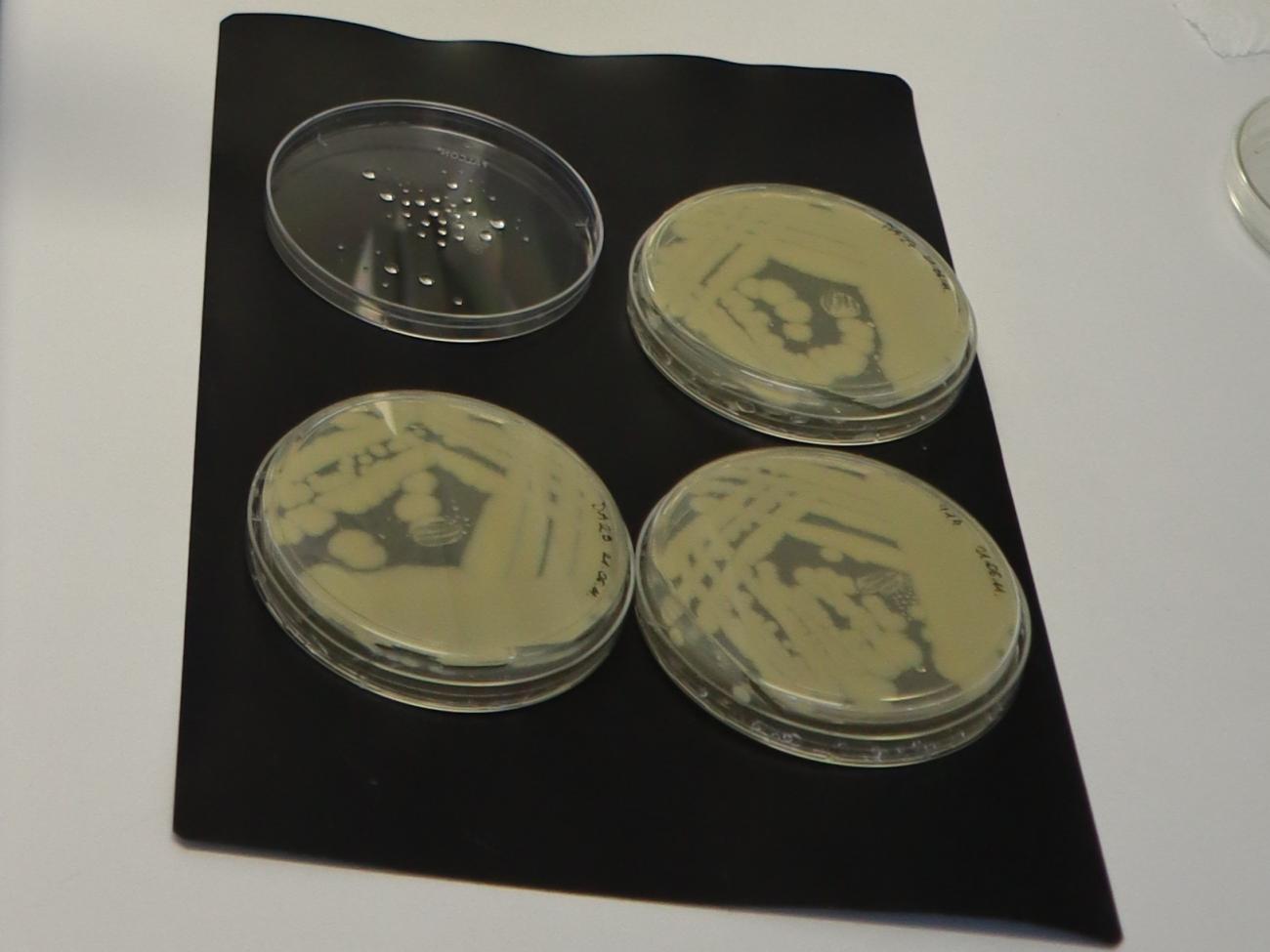
Comparative molecular genetic analysis of Candida species derived from animal and human source by whole genome sequencing method
The opportunistic fungal pathogen species can cause diseases in both animals and humans. In veterinary viewpoint, fungal infections may result in significant economic losses especially by upper gastrointestinal tract infections, moreover as the members of normal microbial flora they can be transmitted easily from animals to humans and vice versa. The epidemiological data on candidiasis in domesticated animals are scant and data from Hungary are lacking, in addition due to our knowledge the method of genomic epidemiology has not been utilized in the field of veterinary medicine before. With next generation sequencing, the project would be intent on increasing the amount of new complete genome sequences publicly available that promote the better understanding of the genetic characteristics of pathogen species as the function of several protein-coding genes is not fully elucidated. The comparative analyses of whole genomes would reveal genetic background of virulence-associated genes and gene alterations, the molecular diversity of isolates, the antifungal resistance and transmission mechanisms. Our investigations could offer potential to develop more effective and economic strategies in order to control and prevent fungal diseases.